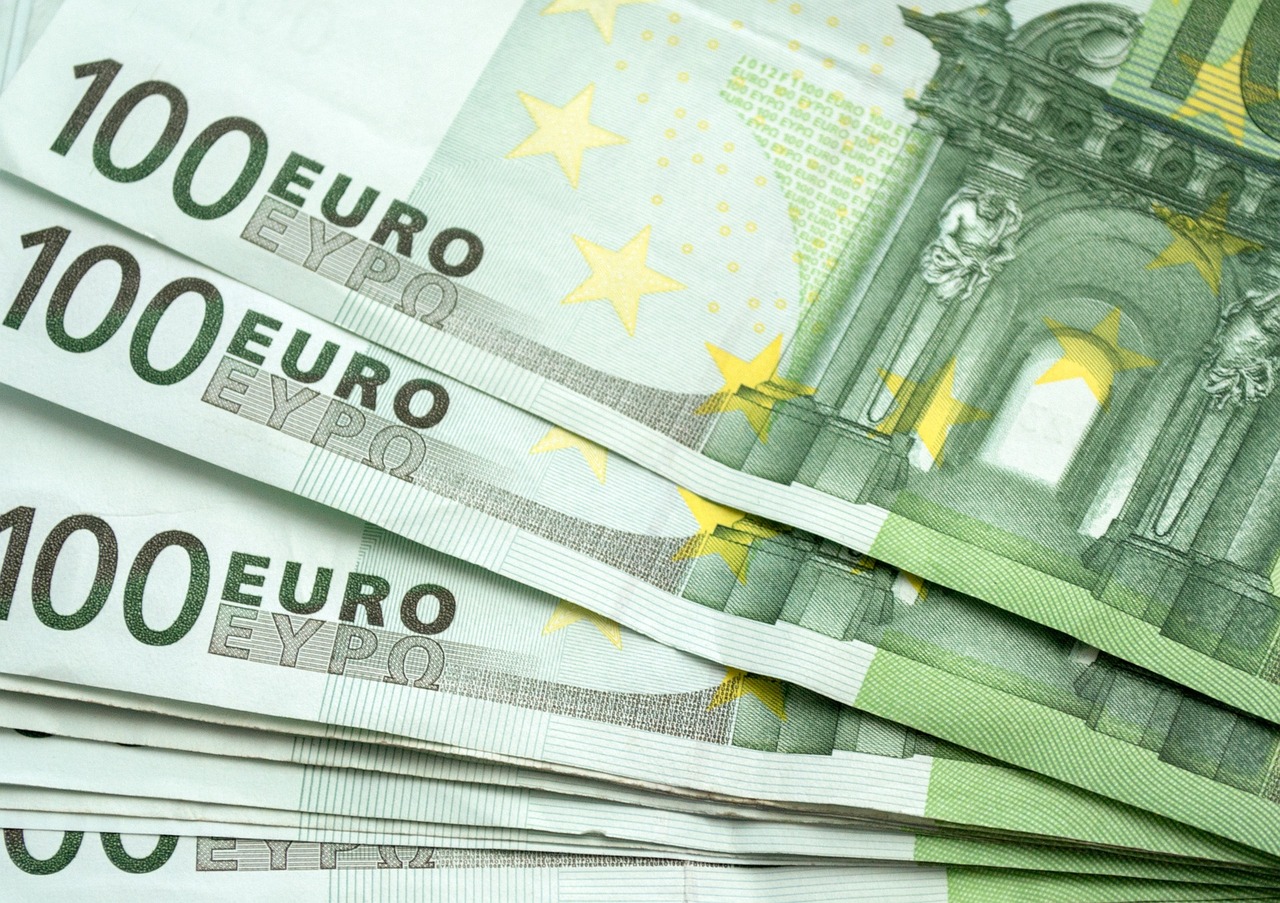Cyprus’ political parties issued mixed responses to tax reform plans announced by President Nikos Christodoulides on Wednesday.
Disy, Cyprus’ largest party, said the plans contain “elements which satisfy us” but also “some points which are troubling”.
“For example, increasing corporate tax to 15 per cent, fully offset by a significant reduction in dividend taxation, is absolutely right. That was our proposal in 2019. The proposals for taxation on individuals also have positive elements.
“We will examine them taking into account the tax proposals Disy, together with other parties, have been submitting to parliament for some time,” it said.
Despite these positive elements, it said, it has “serious concerns” over “the way the government understands the so-called green tax reform”, calling on the government to offer explanations and clarifications.
Those concerns borne in mind, it said it will “operate positively and responsibly” to help bring about a fair tax reform.
“Our party’s primary position was and remains the maintenance of a fair and competitive tax framework, which encourages employment and entrepreneurship. Any change must be tax neutral or include relief. We remain opposed to policies of increasing the tax burden and continuous increases in government spending,” it said.
Akel, meanwhile, said tax reform is “a necessity and must proceed”, but said Christodoulides’ plans “fall short” of his pre-election commitment for comprehensive tax reform.
“Important elements of such a reform are absent. Measures to broaden the tax base, touching on accumulated wealth and high incomes, are absent … Announcements to reduce the tax burden for our poorest fellow people who do not pay income tax but are burdened with unbearable indirect taxes are absent,” it said.
It added that it is Cyprus’ poorest people who will be “burdened even more with the government’s proposal for green taxes”.
“Unfortunately, substantive measures to combat tax evasion are absent. In essence, a significant part of society will continue to remain on the sidelines without substantial support,” it said.
The party did, however, welcome the tax breaks Christodoulides has offered for parents, as well as the increase of corporation tax to 15 per cent, but said these plans “should be studied in conjunction with the tax reductions given to company shareholders and other sources of income such as rents”.
Diko was overwhelmingly positive about the plans, saying they will “make Cypriot businesses more competitive”, more fairly distribute Cyprus’ tax burden, and support the country’s middle class.
It added that the accumulation of tax breaks for families will “support the institution of the family”.
Elam, meanwhile, was also satisfied with the plans, saying they will aid Cyprus in “the fight against low birth rates” while also making Cyprus’ economy fairer and “strengthening the competitiveness of purely Cypriot businesses”.
However, trade union Peo were less impressed, saying they have “identified shortcomings an inequalities”.
They said the raising of the tax-free allowance to €20,500 is not high enough, and that that figure should have been raised in line with inflation since it was introduced when Cyprus started using the Euro in 2008.
Had the figure risen in line with inflation, people in Cyprus would earn €27,796.16 per year tax free this year.
The union also called on the finance ministry to “immediately enter into dialogue with the trade union movement on these issues with the aim of comprehensive tax reform that leads to a reduction in social inequality”.
On Wednesday, the employers’ and industrialists’ federation (Oev) and the Cyprus chamber of commerce and industry (Keve) described the planned reforms as a step in the right direction, saying they would examine the plans in detail in due course.
Christodoulides had announced a series of sweeping tax reform plans on Wednesday, which, in addition to the tax-free allowance increase, will also see that Cyprus’ 35 per cent top income tax rate will now only apply to those earning more than €80,000 per year, rising from its current level of €60,001.
Christodoulides promised his reforms will strengthen Cyprus’ middle class, which he described as the “foundation of every prosperous and democratic society”.
In addition to the €1,000 additional tax-free amount, parents will receive an extra €1,000 for every dependent they have, while Christodoulides’ plan also foresees €1,500 of tax-free income for every parent who is either buying their first house or renting, and €1,000 for a “green investment” on the part of every parent.
Single parents will receive double the ringfenced tax-free amount.
On the matter of businesses, he said the government plans to completely abolish deemed dividend distribution payments and “significantly reduce” the withholding tax on the distribution of actual dividends from 17 per cent to five per cent.
At the same time, he said corporation tax will increase from 12.5 per cent to 15 per cent, bringing Cyprus into line with European Union requirements.






Click here to change your cookie preferences